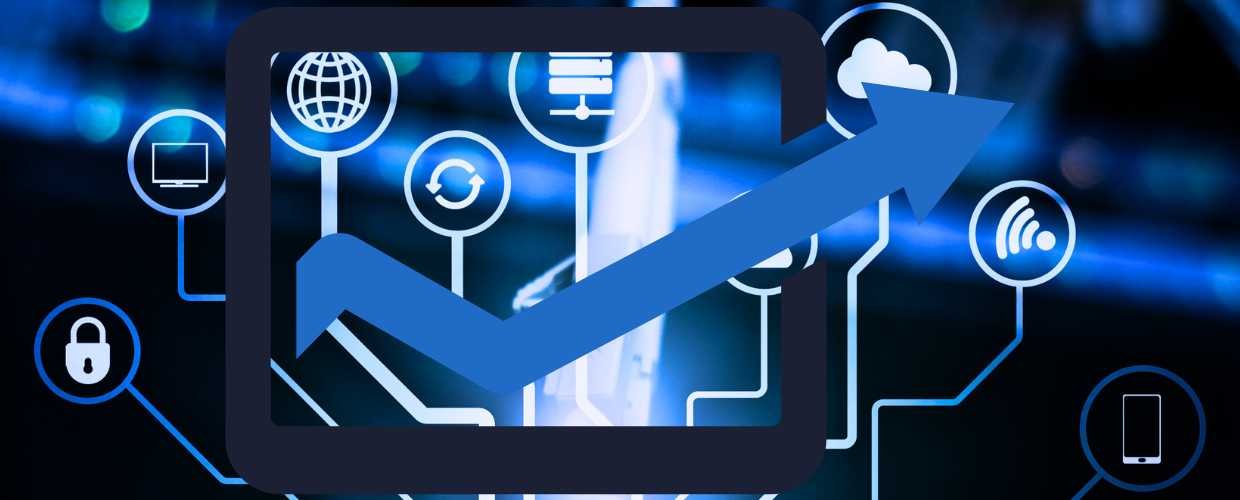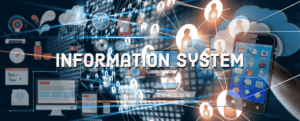In the landscape of technological evolution, the Internet of Things (IoT) has emerged as a paradigm-shifting force that interconnects our physical world with the digital realm. The Internet of Things market has witnessed exponential growth, driven by the convergence of smart devices, connectivity solutions, and the ambition to create a seamlessly interconnected world.
Reasons for Internet of Things Market Growth
From its role in improving efficiency and automation to enhancing data-driven decision-making, the IoT concept encompasses a universe of possibilities that have redefined how industries and individuals interact with technology. The key drivers are discussed below that fuel the growth of the Internet of Things market.
- The proliferation of Connected Devices: The growth of the Internet of Things market is fueled by the proliferation of connected devices, spanning from wearables and smart appliances to industrial sensors and vehicles. These devices enhance convenience, efficiency, and data collection capabilities.
- Data-Driven Insights and Analytics: The Internet of Things market’s expansion is propelled by the wealth of data generated by connected devices. IoT enables the collection of real-time data, which, when analyzed, provides valuable insights for informed decision-making.
- Automation and Efficiency Enhancement: IoT’s impact on automation and efficiency is a significant growth driver. Connected devices automate tasks, streamline processes, and optimize resource utilization across manufacturing, logistics, and agriculture industries.
- Industrial IoT and Industry 4.0: The growth of the IoT market is driven by the concept of Industry 4.0. Industrial IoT optimizes manufacturing processes, monitors equipment health, and enables predictive maintenance, revolutionizing the industrial landscape.
- Smart Cities and Urbanization: IoT’s potential to create smart cities is a key growth driver. Connected infrastructure, from smart streetlights to waste management systems, enhances urban living by improving sustainability and resource management.
- Healthcare and Remote Monitoring: The IoT market has expanded due to its applications in healthcare. IoT devices enable remote patient monitoring, telemedicine, and wearable health trackers, enhancing patient care and outcomes.
- Agriculture and Precision Farming: IoT’s role in agriculture is pivotal. Connected sensors and devices monitor soil conditions, crop health, and weather patterns, enabling precision farming techniques that optimize yields and conserve resources.
- Energy Management and Conservation: The growth of the IoT market is propelled by its applications in energy management. Connected devices monitor energy consumption, optimize usage, and enable demand response, contributing to sustainability efforts.
- Retail and Customer Engagement: IoT’s impact on retail is a significant growth driver. Smart shelves, beacons, and personalized shopping experiences enhance customer engagement, optimize inventory, and improve sales strategies.
- Vehicle Telematics and Smart Transportation: The IoT market has expanded due to its role in vehicle telematics and smart transportation systems. Connected vehicles and traffic management solutions enhance safety, efficiency, and flow.
Internet of Things Market Analysis
The approximate decision of the Techgolly market research team is the global Internet of Things market size was valued at least USD 650 billion in 2023 and is projected to reach up to USD 3275 billion by 2030. The growth will continue at a compound annual growth rate (CAGR) of 24% to 26% from 2023 to 2030.
According to Fortune Business Insights, the global Internet of Things market was valued at USD 662.21 billion in 2023 and is expected to reach USD 3,352.97 billion by 2030. The Allied Market Research said the global Internet of Things market size was valued at USD 740.47 billion in 2020 and is projected to reach USD 4,421.62 billion by 2030.
Key Market Players
The major Internet of Things (IoT) vendors are Amazon Web Services, AT&T Inc., Hewlett Packard Enterprise, Cisco System Inc., SAP SE, Google LLC, Intel Corporation, Oracle Corporation, Bosch Software Innovation Gmbh, Dell Inc., International Business Machine Corporation, Microsoft Corporation, Hitachi Data Systems, and Huawei Technologies Co. Ltd.












